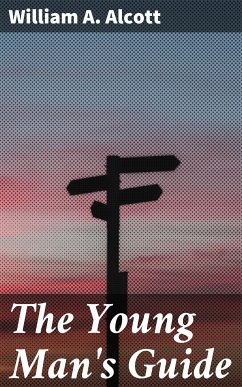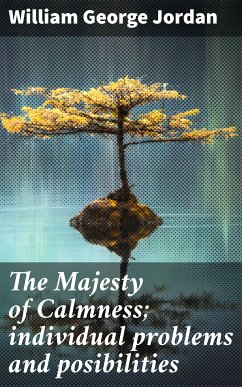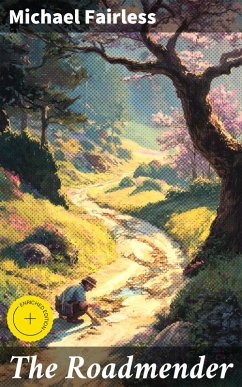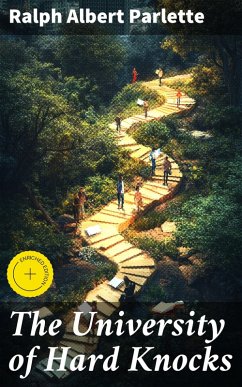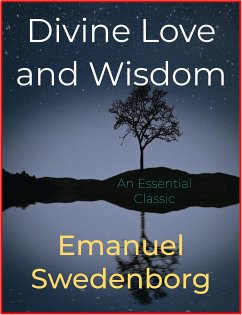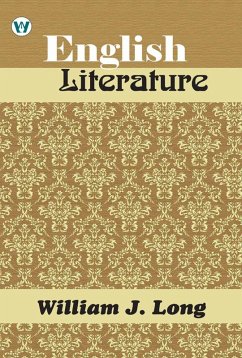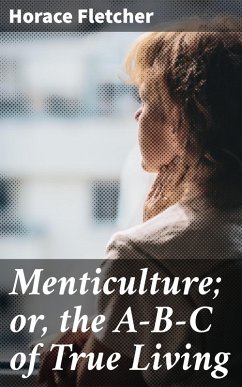
The Young Woman's Guide (eBook, ePUB)
Navigating 19th Century Societal Norms: A Practical Literary Guide for Young Women
Versandkostenfrei!
Sofort per Download lieferbar
0,49 €
inkl. MwSt.
Weitere Ausgaben:

PAYBACK Punkte
0 °P sammeln!
William A. Alcott's "The Young Woman's Guide" serves as a comprehensive treatise on the education and moral development of women in the 19th century. In this seminal work, Alcott combines didactic prose with practical advice, addressing vital themes such as health, personal responsibility, and societal expectations. His literary style reflects the period's moral philosophy, advocating for a balanced life that harmonizes intellectual pursuits with domestic duties. The book, steeped in the values of the transcendentalist movement, emphasizes the importance of self-cultivation, thereby positionin...
William A. Alcott's "The Young Woman's Guide" serves as a comprehensive treatise on the education and moral development of women in the 19th century. In this seminal work, Alcott combines didactic prose with practical advice, addressing vital themes such as health, personal responsibility, and societal expectations. His literary style reflects the period's moral philosophy, advocating for a balanced life that harmonizes intellectual pursuits with domestic duties. The book, steeped in the values of the transcendentalist movement, emphasizes the importance of self-cultivation, thereby positioning itself as a precursor to contemporary discussions on women's rights and societal roles. Alcott, a noted physician and advocate for health reform, drew from his expansive experience with the temperance movement and his belief in personal agency. His background informs much of the book's emphasis on the importance of health and education as the pillars of a young woman's existence. Through this lens, Alcott sought to empower women, encouraging them to engage in societal issues while navigating their personal lives and familial responsibilities. For readers interested in women's studies, social reform, or the evolution of gender roles, "The Young Woman's Guide" is an essential read. It not only offers a historical perspective on women's expectations but also fosters critical thinking about how those expectations continue to evolve. Alcott'Äôs insights resonate as powerfully today as they did in the 19th century.
Dieser Download kann aus rechtlichen Gründen nur mit Rechnungsadresse in A, B, BG, CY, CZ, D, DK, EW, E, FIN, F, GR, H, IRL, I, LT, L, LR, M, NL, PL, P, R, S, SLO, SK ausgeliefert werden.




